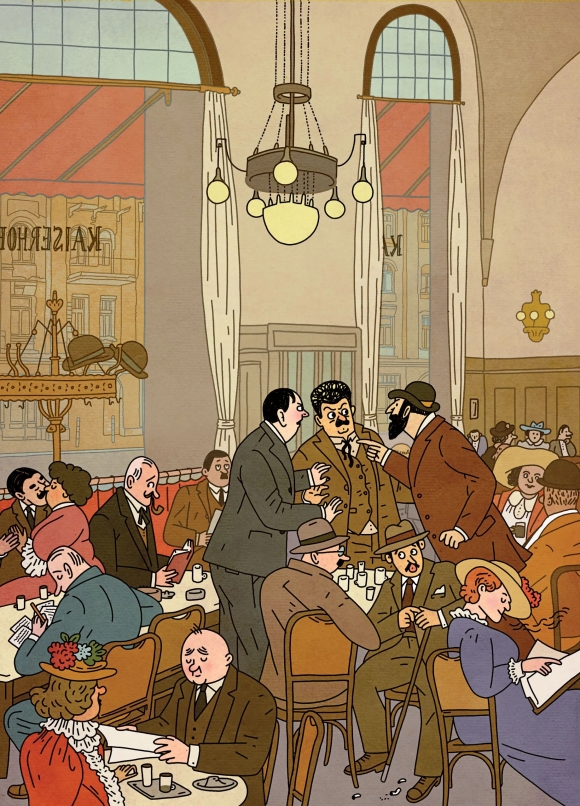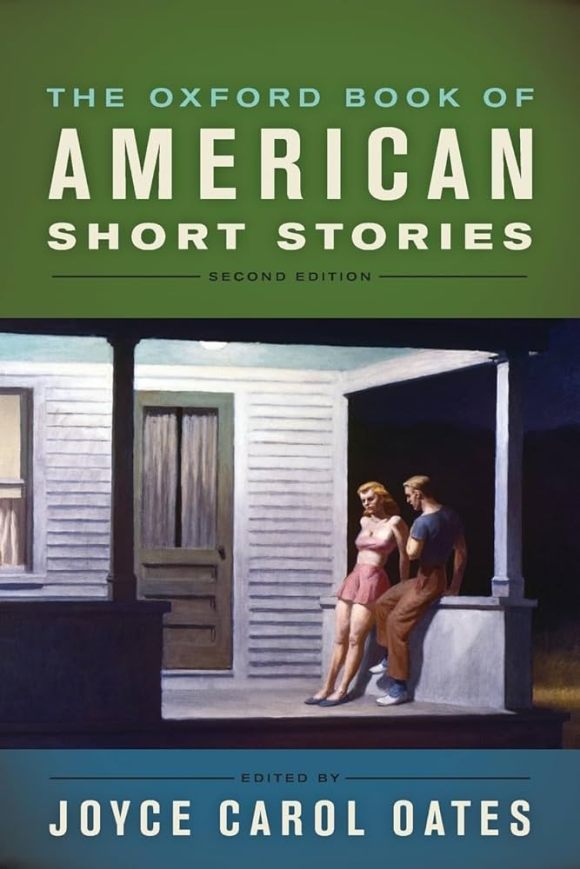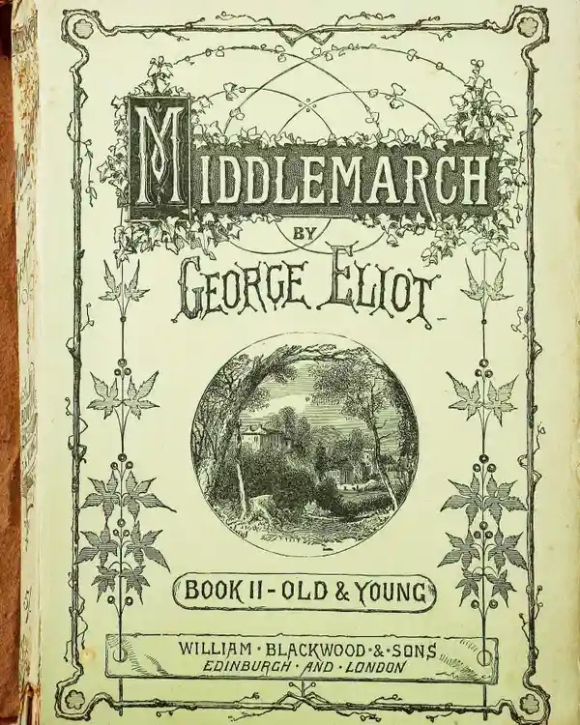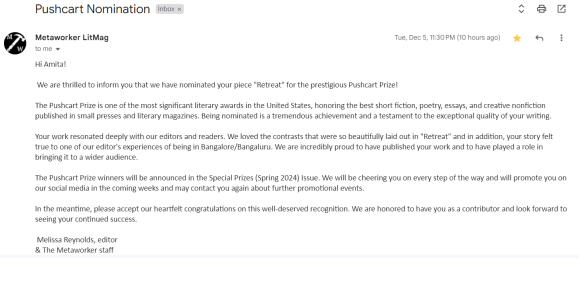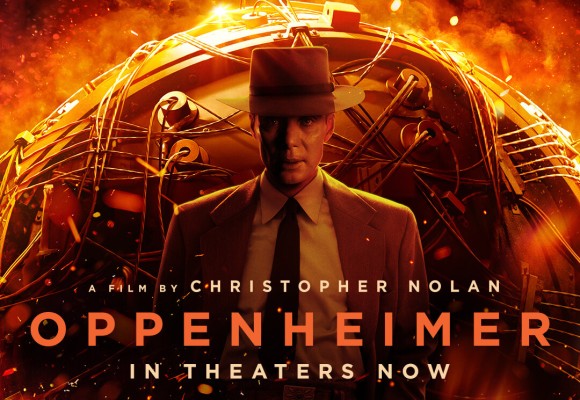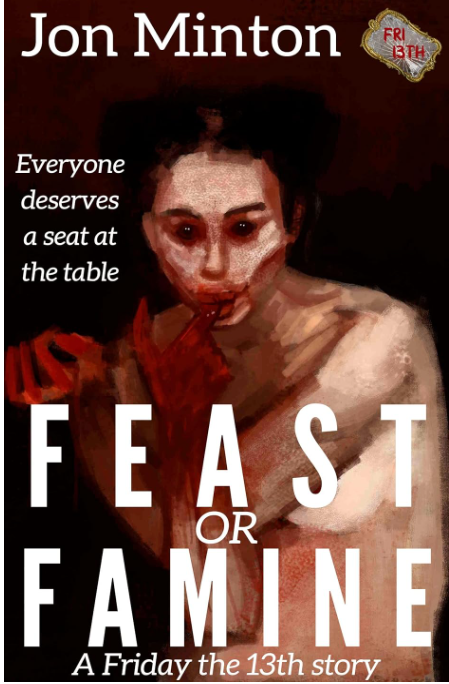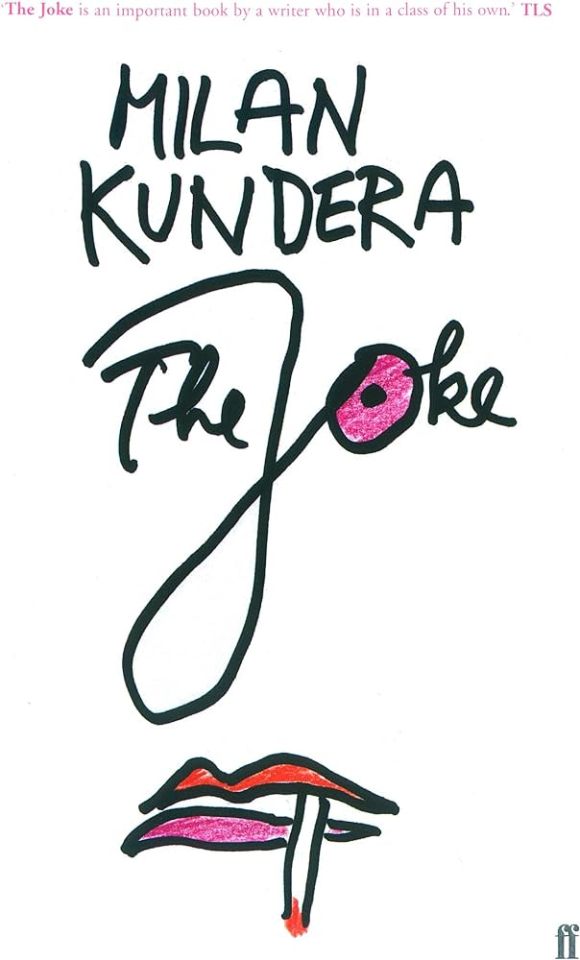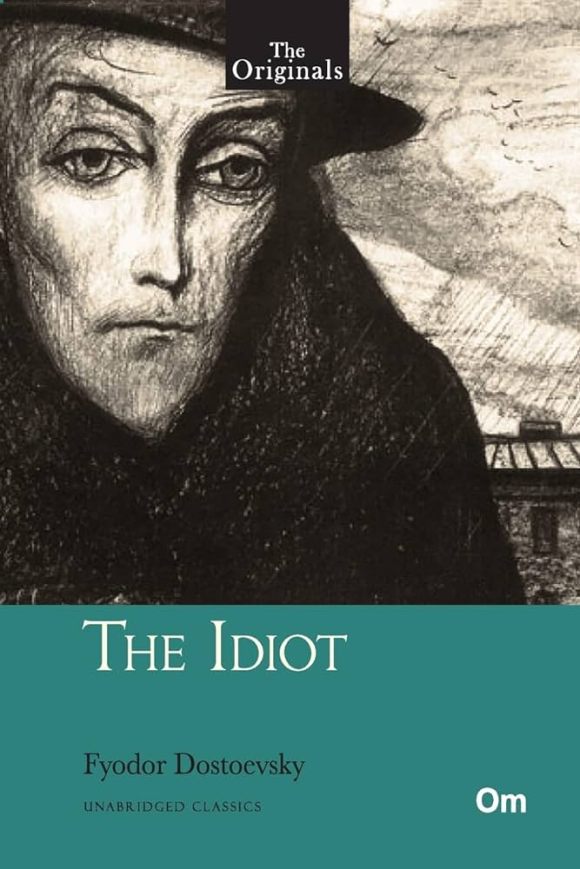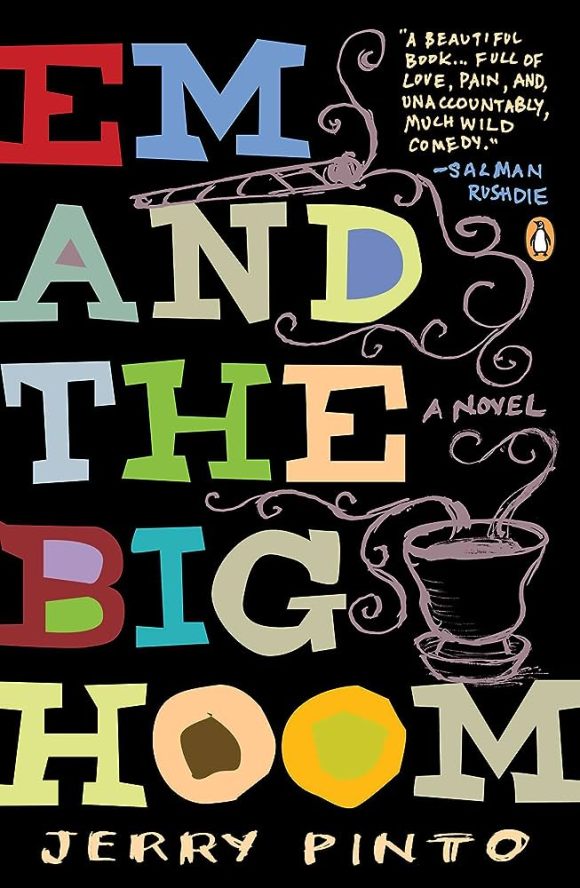Rewatched Breaking Bad after binge-watching the series several years ago, and watching many clips on YouTube more recently. This is still a perfect piece of art.
The script is excellent: there is nothing overtly ridiculous, & when there are some improbabilities (how did Walt know exactly where to find Jesse when he was going to murder Tomas’s killers? How did Walt get lily-of-the-valley poison to Brock? How did Walt escape the police from the bar in New Hampshire, when we saw him there seconds before the place was surrounded?), these are nicely glossed over. The pace was one of the first things I admired about the series, and it still strikes me as perfect. Each scene has a beginning, a middle, and an end, with tension and conflict and consequences: nothing is extraneous (in contrast with the deleted scenes on YouTube, which seem decorative): each scene and each episode is, as it should be, a miniaturised version of the story as a whole. The buildup is slow and steady, the suspense excruciating in key moments but never gratuitiously extended; the moments of sudden death and violence contrast beautifully with the thoughtful scenes of character development.
The interdependency between character and plot is perfect. Everything flows in a sense from decisions that Walter White makes; in turn, making and living with his choices changes what Walter is capable of going forward. On rewatch I paid more attention to things like colour schemes (I’ve always considered Jesse Walter’s main victim, so it was his wardrobe change I noticed most: from oversized reds and yellows to grownup black; also, Skylar wears green in scenes when Walter’s money is tempting her); the music (some of my favourite picks are the music in the meth-cooking scenes: it’s lovely that the actual meth cooking, at least when Walt and Jesse are involved, is the only part of the characters’ lives that runs smoothly), and camerawork (the jump-cuts when Jesse is about to shoot the gangsters, in combination with the music, still spook me). This remains my favourite television series. I will rewatch it in some years.
Rewatched The Lord of the Rings after watching the films in the theatre when they were released, and after rewatching them several years ago. This trilogy was my favourite film when I watched it, replacing Charlie Chaplin’s films, and for a while afterwards till I watched Christopher Nolan’s Batman trilogy. Having rewatched Batman since, and having rewatched LOTR now, I’m going back to my first favourite.
LOTR is the only high fantasy I’ve read or watched – I read the books several years after watching the films, and read The Hobbit too, so I have no basis of comparison to evaluate this film as a fantasy film: but as a story it is excellent. The themes are universal – good vs. evil, innocence vs. greed, friendship between familiars (a gentleman hobbit and his gardener) and unfamiliars (Gimli and Legolas), uneasy alliances for the greater good, and hope against hope. The characters are developed just enough to allow the viewer to inhabit almost each of them. Some of the emotional moments feel fake and out of the blue, inserted merely to break the monotony of characters trudging across diverse landscapes (the sudden flareups between Aragorn and Boromir and between Frodo and Sam, several scenes of Gandalf’s anger with Pippin even though he himself says Pippin did no real harm), but the story effectively evokes strong and basic emotions.
I’m glad there’s very little overt magic in the films: except in scenes like the fight between Saruman and Gandalf, where they might as well have had a physical staff-fight, so the magic looks cool but does not have real consequences and so does not require too great a suspension of disbelief. Standards of storytelling have moved on, so on rewatch, I found the (extended edition of the) Fellowship slow to start: too many scenes of pastoral life and merrymaking. But in retrospect you need those scenes: they establish the world for which we’ll spend the next many hours watching our heroes and nameless hordes fighting. The films have a beautiful circularity: when the hobbits come home in Return, their fellow Shirefolk are just the same as before: homely, slow-witted, and clueless. And that’s just how you want it, and that’s just what they’ve all been fighting for: to keep hearts innocent and quiet fields green. My favourite is Two Towers: no slow buildup as in Fellowship, and no exhausting battle scenes as in Return; instead, we get quiet but plot-relevant moments like Gollum’s split personalities, flashbacks to the Arwen-Aragorn storyline, and Theoden’s release from the power of Saruman. Towers also contains my favourite moment from the trilogy: when Gandalf first appears as the White Wizard in Fangorn, following the buildup of that wonderful percussion sequence.
I found Return’s battle scenes even more wearying than the pastoral scenes in Fellowship. The filmmakers did an excellent job of scaling each battle scene up from the last: e.g. the siege of Helmsdeep is an excellent appetiser for the much grander, darker siege of Minas Tirith. But at some point the increase in scale, clearly CGI-dependent, and the variation of armies (Rohan’s horsemen and elves vs. Minas Tirith’s garrison), becomes too much, and I want to skip through to the outcome. I’m no fan of action sequences, but I do appreciate this continual escalation of scale and of stakes. Gandalf’s magic being restricted to self-resurrection and the occasional Nazgul-shooing keeps the stakes real and emotional.
The Ents are well-meaning but isolationist, and spend forever speaking, and are slow to move. It was the Ents that brought home to me inescapably the clear parallels between the LOTR and real-world events in the 20th century, which were lost on me at first viewing. Recently I spent a while researching the Third Reich for a novel (now on the back burner, as I tackle less ambitious projects), and the numerous parallels between Tolkien’s fantasy world, as well as subtle hints in the heroic speeches, make this fantasy film even more poignant, by showing it after all not so far removed from reality. It is this larger geopolitical real-world relevance that, as much as the smaller moments between characters, give this work of art its gravity and emotional power.
I have another thought on the Ents storyline, not as part of my film critique but as a personal psychological observation. In theory I admire the Ents’ slow, deliberate, never-hurried attitude, and want to emulate it. In practice I’m always falling over myself to get things done: writing too fast, speaking too fast, then having to come back and correct many errors; wanting to skip ahead through books and films and life itself, then being haunted by regret that I didn’t really experience anything because I was always rushing. This has been weighing on my mind a lot lately. I turned 35 recently and I’m still playing catchup. I’m trying to finish rewriting and revising a book of short stories this year, and for that I’m postponing other life-goals and transitions, and I’m foregoing doing other things I enjoy: exploring nature and music, spending time with family and friends, reading more, and just walking around observing and thinking. I’m spending all this time on my book, and lately it seems everyone but me has published a book, and yet after all this work I may never publish a book. Life is hard and uncertain and sometimes I want to skip through my own life as I skip through battle scenes. My longing to experience life is always in conflict with my anxious, rushing, frightened urge to skip through to the outcome, the end, the resolution of uncertainty. It’s as is my own life were a book, and I want to skip to the end, and only if the end is good will I flip back through the pages and decide whether the book is actually worth reading, slowly and attentively. But I know that living conflicted in this way is a guarantee that I will neither achieve anything (writing truly well takes time, patience, and a clearsighted view of one’s own mortality) nor will I enjoy life’s simple pleasures. So I must confront and resolve the great haste and anxiety that feels like the core of my being. That much is clear. To live a better human life I need to be more like an elf or an Ent. That sounds ridiculous but there it is.
End of personal observation.
On rewatch, I had several problems with LOTR’s structure and filming. There are far too many closeups and extreme closeups, and in some of them a character, often Frodo, is struggling to emote. Most scenes and shots are very short, creating a choppy feeling. The manner in which the multiple parallel storylines are edited together is sometimes confusing. E.g. in Return, it feels like Treebeard spends several weeks carrying Merry and Pippin first northwards, then southwards; that the battle of Osgiliath is happening over several days and nights; that Gollum is talking to himself endlessly every night (and how convenient that, while Sam reproaches Frodo for never getting any sleep, Frodo and Sam are both sound asleep while Gollum talks aloud to himself). Having watched the behind-the-scenes, and being wise with secondhand hindsight, I noticed how rarely characters of different heights (hobbits and dwarves vs. the rest) are actually in the same shot; when they are, the scene has been clearly composited (e.g. in Return, where Aragorn, Legolas, and Gandalf watch the hobbits sporting in bed, while Gimli also watches), or the characters don’t look at quite the right spot or respond in dialogue quite the right way, despite the many hacks to give them something to do other than look where nothing is. In the books, we spend several chapters following Frodo and Sam, then several chapters with Aragorn and co. at Helmsdeep or Minas Tirith. I think an approach midway between these two (where we spent 10-20 minutes at a time with each storyline) would have been ideal.
There are also many inconsistencies. If the Nazgul are so tied to the ring, why do they fail to detect its presence when they’re so close to it so many times? (Including in the woods near the Shire when the Nazgul peers right over the tree-roots that cover the hobbits, at Weathertop, and just outside Minas Morgul). Why did the witch king stab Frodo in the shoulder at Weathertop instead of trying to cut it off his finger? If they’re so powerful, why did all nine of them need to approach Frodo, who’s just a little hobbit? If Sauron is already so powerful without the ring, why does he need it? From the Uruk-Hai scenes, Saruman has even worked out how to create life: to forge battle-ready monsters from the rocks in the earth’s bowels. How are Frodo and Sam crawling right across the wastelands of Mordor towards Mount Doom without anyone noticing: why has no solitary guard been left behind, and why can’t the Eye of Sauron spare even a moment to scan the landscape around Mount Doom, when Sauron has known for many months that Frodo is still alive and coming to Mount Doom to destroy the ring? There are orcs and goblins and monsters everywhere, but the entrance to Mount Doom is unguarded. What are the other rings of power doing? The ring corrupts most people who approach it, but what exactly does the ring promise them? From the Prologue, I take it that a person already gifted and powerful can use the ring to become a might ruler: but what does the ring promise an ordinary person like Frodo or Gollum? If the ring wants to get back to its master, why doesn’t it resist Frodo more when he’s at the threshold of Mount Doom, or communicate somehow with Sauron or Saruman or the Nazgul when Frodo is trekking across Middle Earth? If the Nazgul are neither dead nor living, how did Eowyn kill their leader with an ordinary human sword, just by virtue of being ‘not a man’? (Nice Macbeth reference, but it doesn’t quite work for me.)
In short, there are many holes to be poked in the LOTR films, but the films are a stupendous achievement nonetheless. As a former perfectionist, I’m glad and inspired whenever someone puts out something into the world that’s excellent but not perfect. To quote someone: ‘The perfect is the enemy of the good.’
I’d forgotten how very many characters there were. An epic story needs an epic cast, and for the most part each character serves a unique function and so earns his/her spot. The films do a good job of distinguishing characters and races from each other (greatly helped by cosmetic differences, such as Medieval-England-looking Edoras vs. Byzantine-looking Minas Tirith) and humanising each character with one or more ties (Gimli and Legloas, with no visible family, humanise one another; even Gollum’s attachment to the ring ties him to one of the ring’s other victims, Frodo, and through Frodo’s pity and insight Gollum becomes humanised). To have create so many characters, none really fleshed out but all credible and sympathetic, is no mean feat. Overall I think the films earned their massive length. I prefer the extended editions, which resolve the storylines of several characters including Saruman, Arwen and Eowyn.
The set design still looks gorgeous, even though at this remove (and, again, with behind-the-scenes knowledge) some of the sets look a little fake (Rivendell) or like a seven-star-hotel’s kitsch (Caras Galadhon). My favourite shots are those where it looks like the whole set is real and at scale: e.g. when white Gandalf is riding through Minas Tirith on his white horse, and the camera zooms out over sections of the whole city. The natural landscapes are also breathtaking, though often, especially early on, I kept thinking that the scenery was enhancing and extending an otherwise unremarkable part of the quest. But I think it all works: this is a beautiful and vast world, and if Sauron wins, all this will be a black desert, as in Frodo’s vision of the Shire in Galadriel’s mirror. The costumes are equally wonderful, especially the subtle detailing and posh fabrics of the elves.
The music and sound effects hold a special place in my heart: from the Nazgul’s shrieking, the horns of Boromir and Edoras and Minas Tirith, Sauron’s voice speaking in Black Speech, and the music, which somehow managed to feel nostalgic the first time I heard it. (I guess music does that, as does a story, by touching on primitives: chords in our heart that sing without needing to be taught.) I love the music in the shire, and the music that marks the heroic decisions of the ents, and then of the Rohirrim, to join battle for a larger cause.
I’ve been in love with the Tolkien/Peter Jackson world since the early 2000s, and it’s always the feel and the music of a film that remains most strongly with me, constituting a powerful nostalgia for the whole universe. Next time I feel like a movie, I may go elf-hunting in The Hobbit.
What are your favourite films or teleseries? How often do you rewatch them, and how do your responses change on rewatching? How do you deal with the conflict b/w getting things done vs. living your life?

